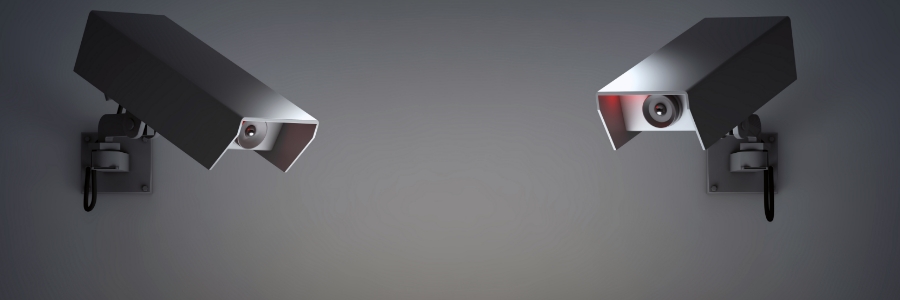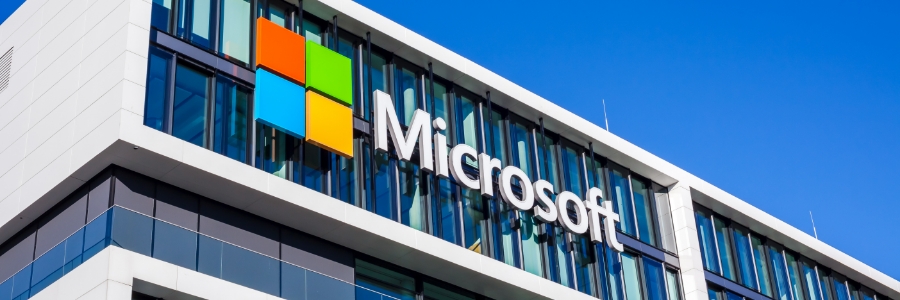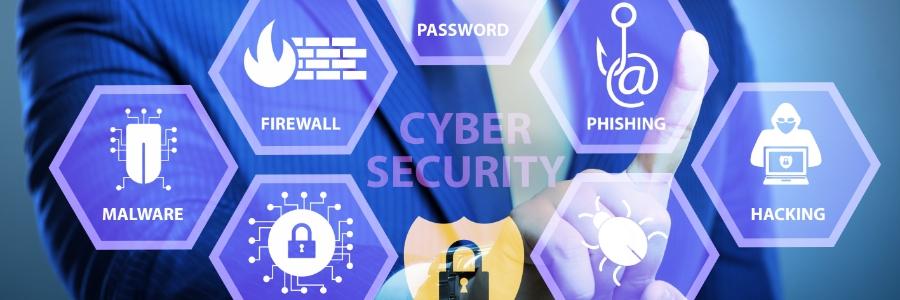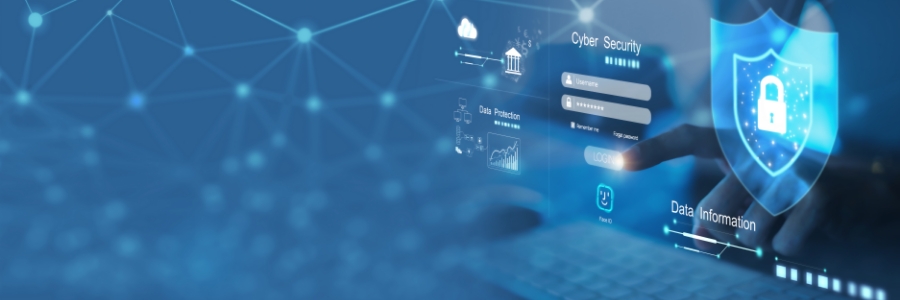In recent years, a growing number of businesses have adopted the hybrid work model. Hybrid work brings a host of benefits, such as better work-life balance, enhanced productivity, and improved employee morale, but it also introduces new challenges, particularly in the area of mobile security.
How businesses can strengthen mobile security in the hybrid work era
How to keep your SMB safe from cyberattacks

Cybersecurity is a constantly evolving field, and the threats that businesses face are becoming more sophisticated. One of the best ways to stay protected is to be aware of the most common ways that IT systems can be broken into. Here are five ways that your IT systems can be compromised/
You are duped into installing malware
There are many ways that malware can be installed on your computer without your knowledge or consent.
Cybersecurity jargon made simple
Defending against the invisible menace: Effective strategies to mitigate fileless malware

The rise of fileless malware has challenged the traditional understanding of cybersecurity and forced organizations to adopt a proactive and adaptive security posture. Unlike traditional malware, fileless malware exploits vulnerabilities in legitimate software and executes malicious code without leaving any traceable footprints.
5 Common cloud security threats to watch out for

Many businesses turn to cloud-based solutions for their data storage and processing needs, but it's also important to be aware of the potential risks of such solutions. Understanding and addressing the most common cloud security threats is key to keeping an organization's data and systems safe from cyberattacks.
Why you should avoid password autofill

With all the different passwords you have to manage, it can be tempting to just let your browser store your passwords for convenience. However, this "convenience" can come at a cost: hackers easily accessing your accounts. If you've been considering using password autofill, it's important to understand the risks that come with it and why it should be avoided.
Healthcare cybersecurity: 5 Strategies to protect against insider threats
TPM 2.0: Why you should accept this Windows 11 requirement

Having Trusted Platform Module (TPM) 2.0 chips is mandatory for devices of users looking to install or migrate to Windows 11. Unfortunately, many computers that are two or three years old don't have this chip. This may require you to purchase new devices just to run Windows 11. While there are ways to bypass this TPM requirement, it's not advisable for many reasons.






